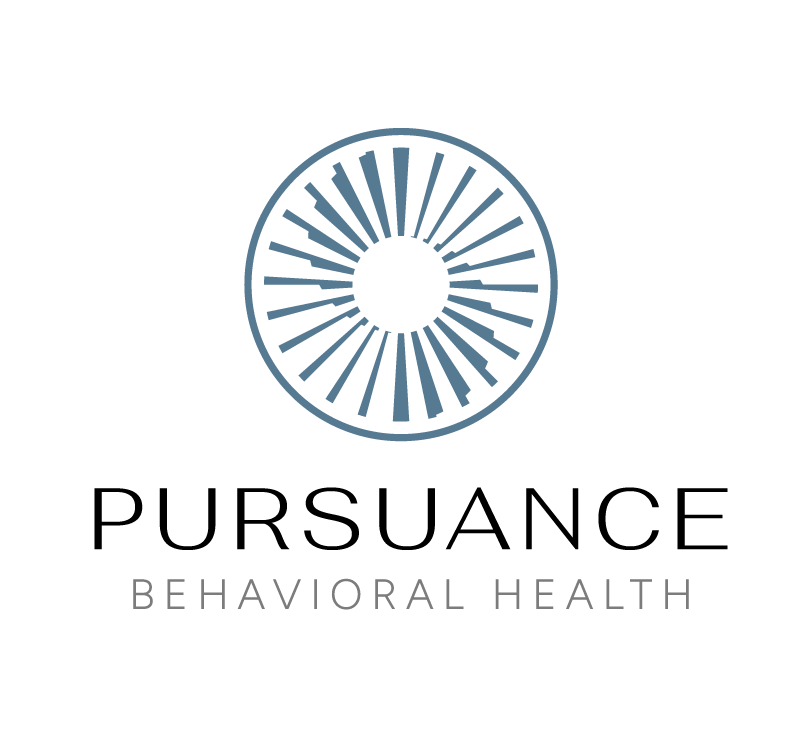Depression can sneak up on people, shrouding their lives in a persistent fog of despair and hopelessness. Unlike a fleeting moment of sadness, clinical depression, or major depressive disorder (MDD), is an intense condition that can severely impact daily functioning and overall well-being. Recognizing the symptoms is crucial for early intervention and effective treatment. In …
Depression can sneak up on people, shrouding their lives in a persistent fog of despair and hopelessness. Unlike a fleeting moment of sadness, clinical depression, or major depressive disorder (MDD), is an intense condition that can severely impact daily functioning and overall well-being. Recognizing the symptoms is crucial for early intervention and effective treatment. In this blog post, we’ll explore the signs that someone might be clinically depressed and how you can seek help through Pursuance Behavioral’s mental health treatment program in Massachusetts.
Understanding Clinical Depression
Clinical depression is more than just feeling down or having a bad day. It’s a serious mental health disorder that affects mood, thoughts, and physical health. It’s characterized by a combination of emotional, cognitive, and physical symptoms that persist for at least two weeks and impede daily activities. Recognizing the signs early is key to providing the necessary support and treatment for those affected.
Emotional and Mood-Related Symptoms
- Persistent Sadness or Low Mood: One of the most recognizable signs of clinical depression is an overwhelming and persistent feeling of sadness, emptiness, or hopelessness. This mood doesn’t improve with positive events or circumstances.
- Loss of Interest or Pleasure: People suffering from depression often lose interest in activities and hobbies they once enjoyed. This includes a lack of interest in social interactions, work, and even daily routines.
- Feelings of Guilt or Worthlessness: Intense feelings of guilt or worthlessness are common. Individuals may excessively blame themselves for situations beyond their control and feel like a burden to others.
- Irritability or Frustration: Increased irritability, frustration, or mood swings can be a symptom. These feelings might seem disproportionate to the situation and can happen over minor matters.
Cognitive Symptoms
- Difficulty Concentrating: Depression can lead to difficulty concentrating, making decisions, or remembering details. This foggy thinking can make daily tasks seem monumental and cause frustration.
- Indecisiveness: Along with concentration issues, individuals may find themselves struggling to make decisions, even those that seem trivial.
- Pessimism: A pervasive sense of pessimism and hopelessness about the future is often linked with clinical depression. This bleak outlook can intensify feelings of helplessness.
- Thoughts of Death or Suicide: In severe cases, individuals may experience recurrent thoughts of death, self-harm, or suicide. These should never be ignored and require immediate professional intervention.
Physical Symptoms
- Changes in Sleep Patterns: Depression can disrupt sleep, leading to insomnia, early-morning waking, or hypersomnia (excessive sleeping).
- Appetite or Weight Changes: Significant weight loss or gain, as well as changes in appetite, can be symptoms of depression. Some individuals may turn to food for comfort, while others might lose interest in eating altogether.
- Fatigue or Lack of Energy: Persistent tiredness or lack of energy, even after adequate rest, is a hallmark symptom of depression. Simple tasks can seem physically draining.
- Slowed Movements or Speech: Observable changes in movement and speech, such as speaking more slowly or moving with less agility, can indicate depression.
- Unexplained Physical Ailments: Individuals might experience somatic symptoms like headaches, digestive issues, or chronic pain that don’t respond to treatment.
Behavioral Symptoms
- Withdrawal from Social Activities: A noticeable withdrawal from friends, family, and social activities is common. This isolation can further exacerbate depressive symptoms and create a cycle of loneliness.
- Neglecting Responsibilities: Depression can lead to a lack of motivation to complete daily responsibilities, such as work, school, or household chores. This can have a cascading effect on one’s life and exacerbate feelings of failure and guilt.
- Substance Abuse: Sometimes individuals may turn to alcohol or drugs as a way to cope with their feelings. This self-medication can lead to substance abuse, which complicates the treatment of depression.
- Self-Harm: Engaging in self-harm, such as cutting or burning, is a serious sign that requires immediate attention. This is a coping mechanism and an expression of deep inner turmoil.
When to Seek Help For Clinical Depression
Recognizing the signs of clinical depression is the first step. If you or someone you know is displaying these symptoms, it’s important to seek professional help. Depression is a treatable condition, and early intervention can significantly improve the quality of life and overall outcomes.
Treatment Options For Depression Disorders
Effective treatment often includes a combination of therapy, medication, and lifestyle changes. Cognitive-behavioral therapy (CBT) and interpersonal therapy (IPT) are commonly used to help patients understand and manage their thoughts, feelings, and behaviors. Antidepressant medications can also be prescribed to balance brain chemicals. Additionally, incorporating regular exercise, a healthy diet, and strong social support can play a vital role in recovery.
How Pursuance Behavioral Can Help With Professional Depression Treatment in Massachusetts
At Pursuance Behavioral, we understand the complexities of mental health and the importance of personalized treatment. Our mental health treatment program in Massachusetts is designed to provide comprehensive and compassionate care tailored to meet each individual’s unique needs.
Our experienced team of mental health professionals is committed to supporting you through every step of your journey to recovery. We offer a range of services, including diagnostic assessments, therapy sessions, medication management, and continuous follow-up care to ensure the best outcomes for our patients.
Get Started with Pursuance Behavioral Today
If you or someone you know is showing signs of clinical depression, don’t wait. The sooner you reach out, the sooner you can begin the path to recovery. Contact Pursuance Behavioral today to learn more about our mental health treatment program in Massachusetts and take the first step toward a brighter future.
Call us now or visit our website to schedule an appointment. You don’t have to face this alone—we’re here to help.
Recognize the signs, seek help, and reclaim your life with Pursuance Behavioral.













